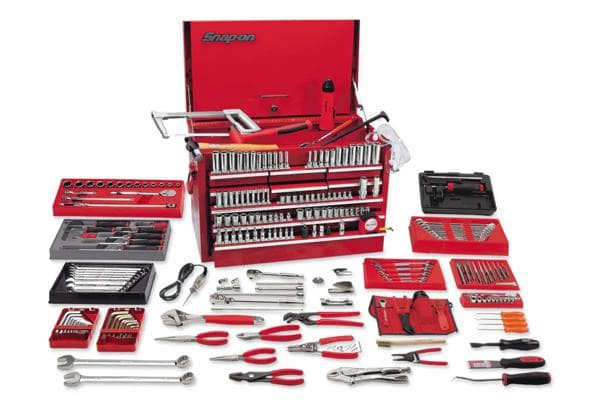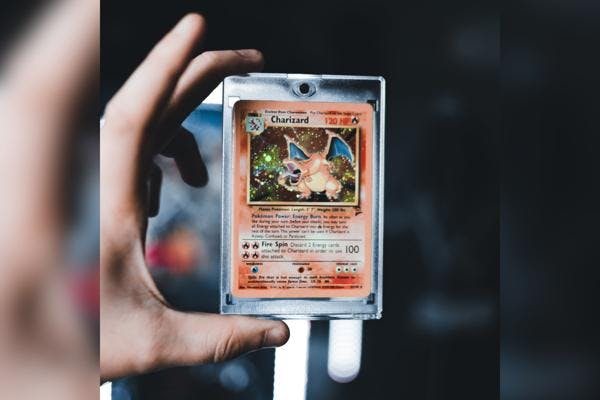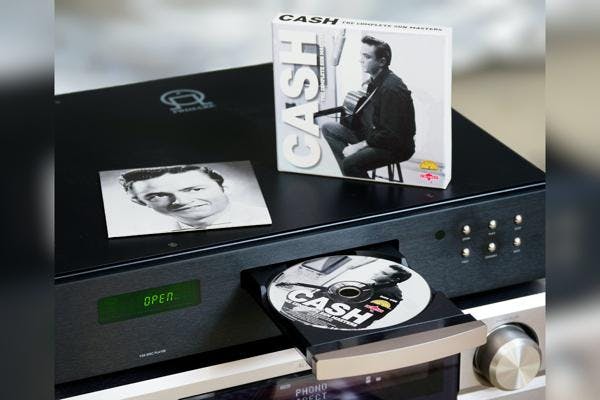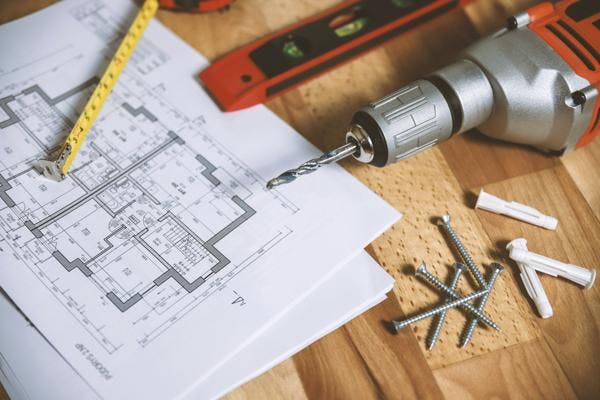
Unleashing the Value: Pawning Snap-on Tools at Pawn Shops
Many pawn shops pay top dollar for good condition tools and equipment.

Pawn loans are a type of short-term loan provided to individuals in exchange for an item held as collateral. The person pawning an item can access fast cash without a credit check or waiting time. Pawn loans are a common form of accessing cash quickly for short-term needs.
Pawn loans are among the most popular methods for accessing fast cash. Pawn loans can help families through economic hardships by providing secure, non-recourse loans that do not require a credit history.
Pawn loans have existed for thousands of years. Pawn loans are very simple - a pawn shop provides money to the borrower, and the pawn shop holds an item as collateral. If the person does not pay back the loan then the pawn shop can keep the item and sell it to recover the money.
All pawn loans share two common characteristics:
do not allow the lender to pursue anything other than the collateral.
Pawn loans are comparable to payday lenders and title lenders. While pawn loans can be expensive with interest rates of 100-200% APR, pawn loans can still be cheaper than other fast cash loan options like payday loans and car title loans.
Pawn loans are also known as Alternative Financial Services (AFS)
. The FDIC groups pawn shop loans with the following types of AFS consumer loans:
Pawn loans are a form of collateralized loan, which means that the lender holds something of value until the loan is repaid. Collateralized loans are very common and used by individuals and businesses. Most real estate loans are a type of collateralized loan - the house or property is used as collateral for the loan.
Typically pawn shops will loan about 20% to 60% of the item’s resale value. For example, a gold watch that could be resold for $300 may be qualified to get a loan for $75-180. The loan size is determined by the pawnbroker.
Pawn shop loans are usually smaller than other types of loans such as mortgages and lines of credit. The reason pawn shop loans are smaller is because often laws regulate the maximum amount of interest pawn shops can charge.
According to the National Pawnbrokers Association, the average pawn shop loan in the US is $150 and it is typically repaid in about 30 days. Furthermore, pawn customers repay their loans and redeem their collateral at a high average national redemption rate of 85%.
Pawn loan customers tend to demonstrate more borrowing discipline because the loans do not enable the borrower to take more than they can afford to repay. Pawn loans are not factors that cause bankruptcies.
According to the FDIC National Survey of Unbanked and Underbanked Households, approximately 4% of all unbanked US households used a pawn shop loan in 2021.
Demand for pawn shop loans tends to be counter-cyclical, which means demand for pawn shop loans increases during economic recessions.
According to the FDIC, pawn shop loans and other fast cash loans were the highest among the following states:
Unbanked households are twice more likely to use alternative financing means such as pawn shop loans than banked households.
Many households are unbanked and do not have options. The FDIC Household Survey shows 40% of households identified as unbanked
stated they Don’t Have Enough Money to Meet Minimum Balance Requirements
. Pawn shop loans help these households.
Payday loans are different than pawn shop loans. Differences include:
Yes, pawn loans are legal. Pawn shops are regulated by federal, state, and local laws. In the US, pawn shops are regulated by the following federal laws, among others:
State and local laws govern other aspects of pawn transactions including:
You can get a pawn shop loan by contacting your local pawn shop and providing an item as collateral. You must be of legal age (18 in most states) to get a pawn shop loan. If everything goes well, you should be able to get cash on the same day.
Steps to get a pawn shop loan:
Some states and pawn shops allow borrowers to request an extension if they cannot repay the loan by the repayment date. Borrowers typically need to pay for the accrued interest and fees to qualify for an extension. Make sure to ask the pawnbroker if you are eligible for an extension before taking the loan.
Unpaid loans give the pawn shop the legal right to keep the item.
You can repay pawn loans early. Discuss repayment terms with your pawnbroker before taking the loan to understand if any fees are associated with repaying the loan early.
Pawn shops do not accept all items. Typically they accept only items that they think have value and can be resold. Common items pawn shops accept include:
You should only pawn items that you would be fine losing. Pawn loans are legal agreements, and the lender has the right to keep the item if the loan is not repaid by the repayment date.
Most pawn shops have specific loan terms for all pawn shop loans. These loan terms are determined by local, state, and federal laws, as well as the pawn shop owner. We recommend visiting the pawn shop’s website and looking for information regarding pawn shop loan terms for that store location.
Not all pawn shops publish loan terms on their websites. You can also call, email, or visit the pawn shop to ask for specific loan terms. You can use Pawn Shop maps to find pawnshops near you.
Below is an example of pawn shop loan terms from the Gold & Silver Pawn Shop in Las Vegas:
Pawn shop loan terms can vary greatly. You can save a lot of money by doing your homework ahead of time and researching pawn shops in your local vicinity. Below are some tips to help you get the best pawn shop loan terms.
Pawn shop loans are typically short-term loans for 30-90 days. Pawn shop loans are not meant to serve as long-term loans. As a result, the annualized interest rate tends to be higher than other long-term loans such as car loans and mortgages.
In the example above, Gold & Silver Pawn Shop in Las Vegas charges 13% interest every 30 days. This is is equivalent to 158% annualized interest. The math to calculate the annual interest rate is (365 / 30) x 13% = 158%. One must also factor in extra service fees to understand the total cost of the pawn shop loan.
It is important to note that Gold & Silver Pawn Shop in Las Vegas charges 13% interest every 30 day interval. This means that you get charged 13% for a loan that is 1 day, 7 days, 15 days, or 30 days. A loan for 60 days is two intervals (60 divided by 30 is 2) - this means the 60 day borrowing rate is 26% (13% * 2).
Below are examples using Gold & Silver Pawn Shop loan terms.
Pawn shop loans may seem expensive, but one has to remember that the loans are short-term in nature. Pawn shop loans are often cheaper than other short-term uncollateralized loans such as payday loans.
💬 Be the first to leave a comment

Many pawn shops pay top dollar for good condition tools and equipment.

Learn how to sell your good condition designer sunglasses to pawn shops

Learn how you can exchange Christmas gifts at pawn shops for cash

Learn how to get the most money at pawn shops for your rare Pokémon Cards.

Many pawn shops still buy and sell DVDs and DVD players. Learn how much money pawn shops will offer.

Pawn shops are an essential part of the economy. Learn how you can start a profitable pawn shop in your local region.